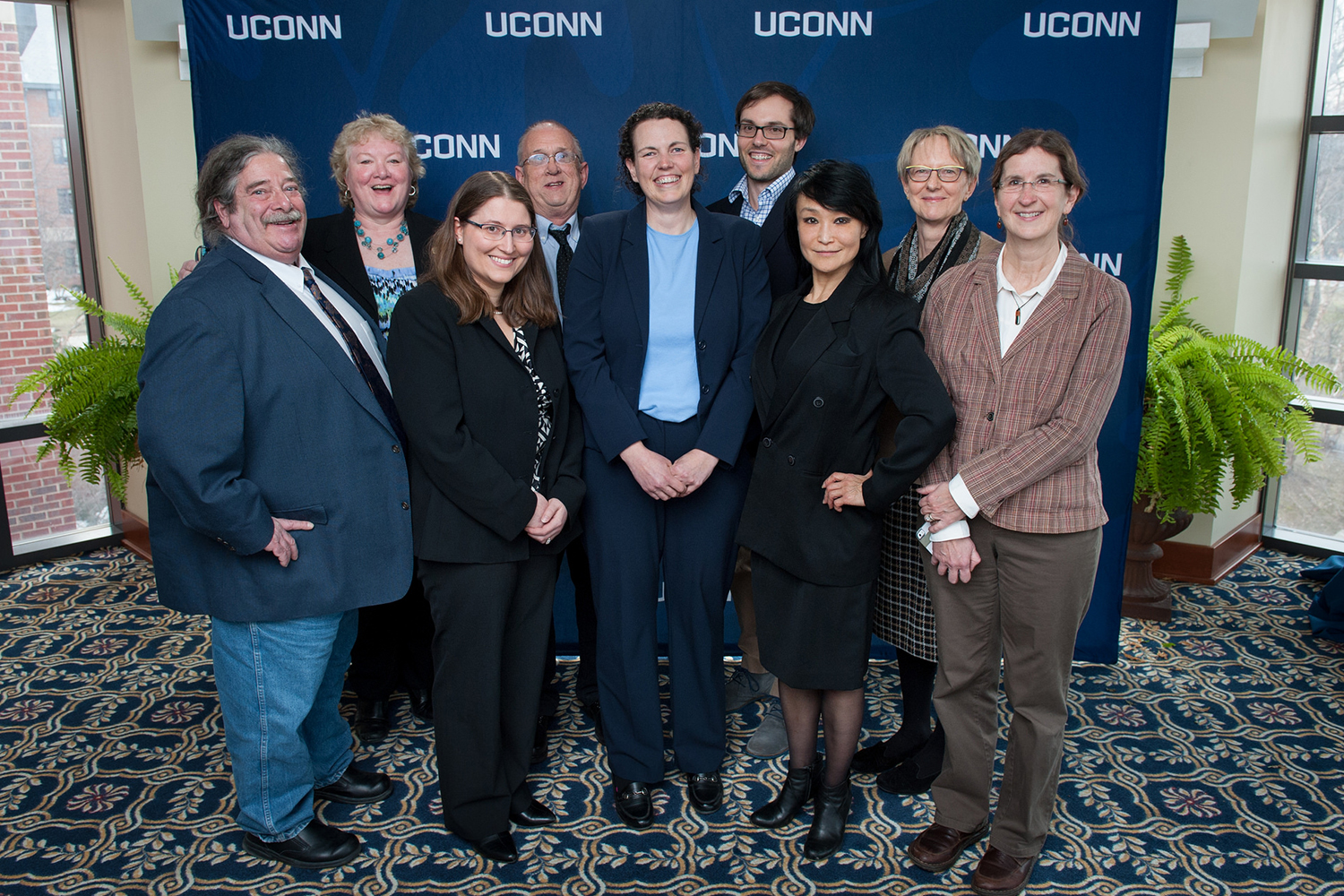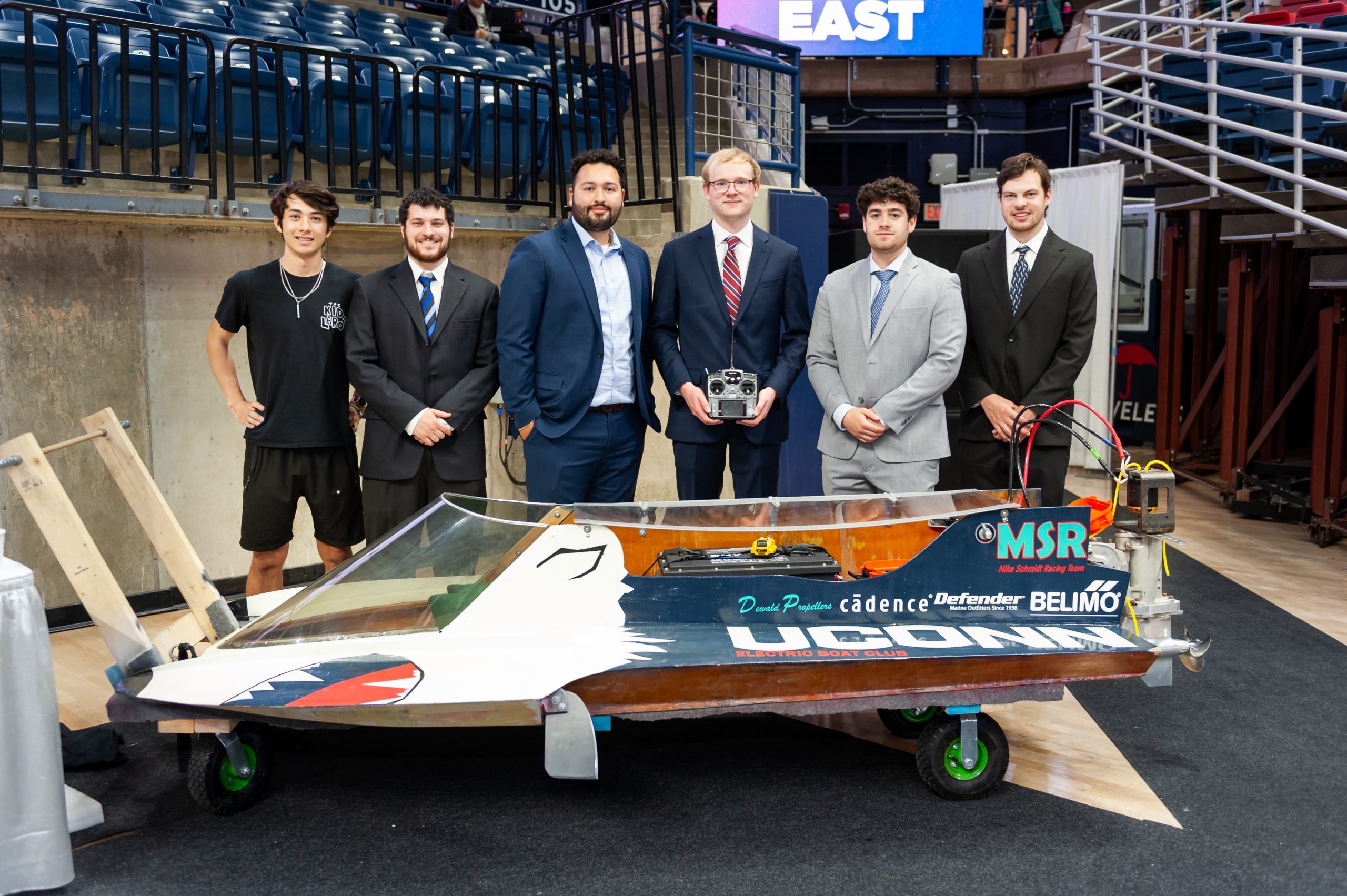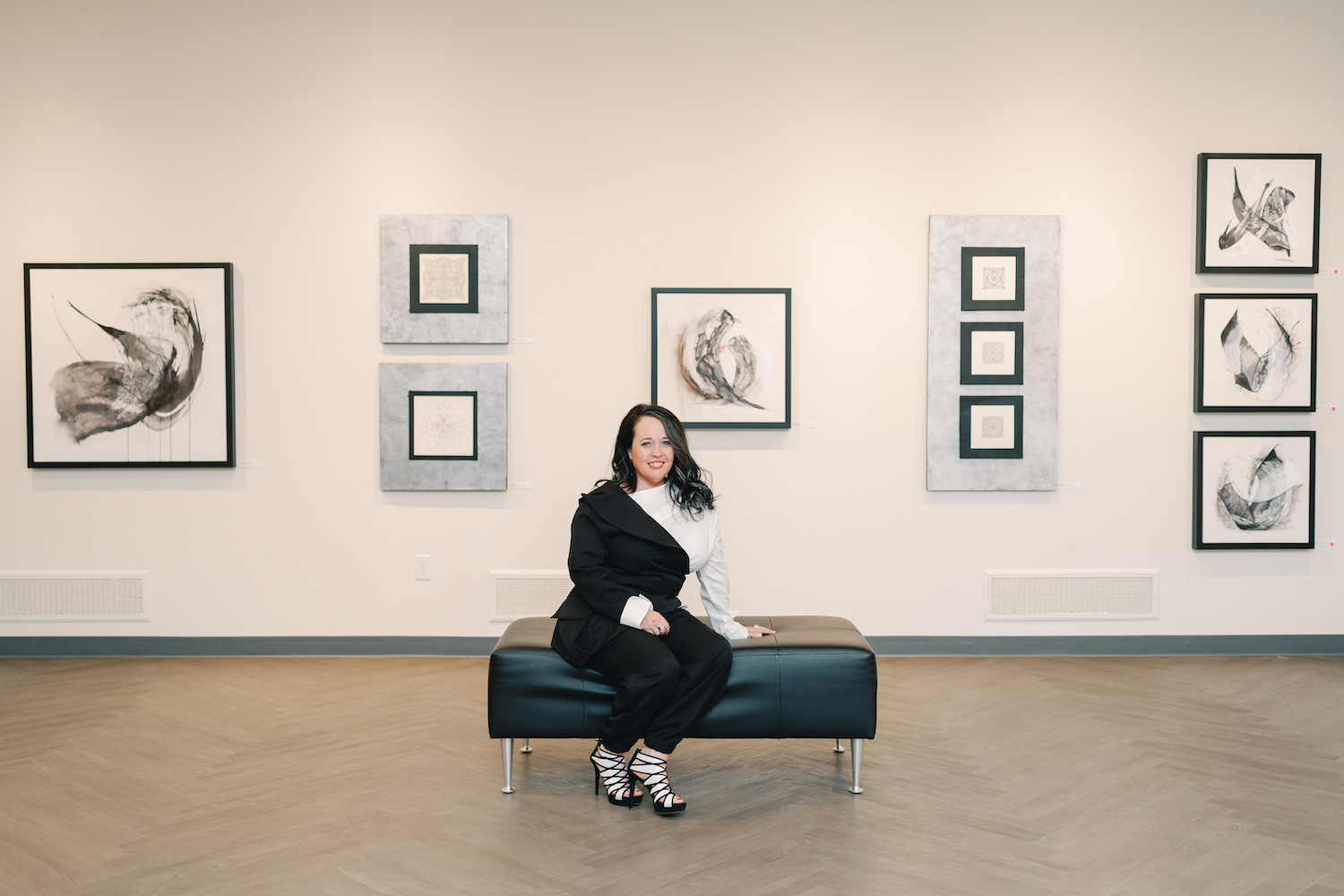According to a recent Pew Research survey, the largest difference in science-related views between the American public and scientists concerns the safety of food produced from, or that used, genetically modified organisms (GMOs). While scientists say GMOs are safe, the public is skeptical, expressing concerns about the impacts their use may have on human and animal health and the environment.
Members of a new unit in the College of Agriculture, Health and Natural Resources hope to be a resource to help bridge this divide by providing the public with accurate information on GMOs.
A dozen CAHNR faculty and staff have teamed up to create the GMO Working Group. The unit is undertaking a multifaceted outreach campaign to educate the public on the science of GMOs, offering background on the diverse application of GMOs with research-based consideration of the risks and benefits. The members have developed an explanatory website for the public and plan further informational initiatives, including videos, panel discussions and a curriculum for 4-H and high school students.
Stacey Stearns, program specialist for UConn Extension, serves as the group’s coordinator. She helped organize the volunteer team, which includes representatives from UConn Extension, UConn 4-H and the agricultural and resource economics, animal science and plant science and landscape architecture departments, all experts who speak to various GMO issues and deliver factual messaging.



